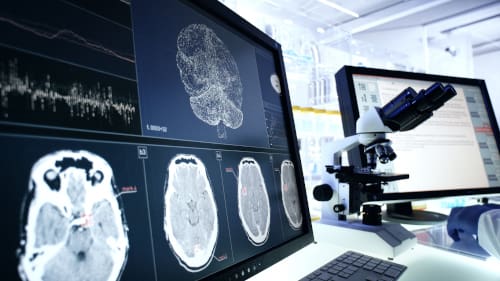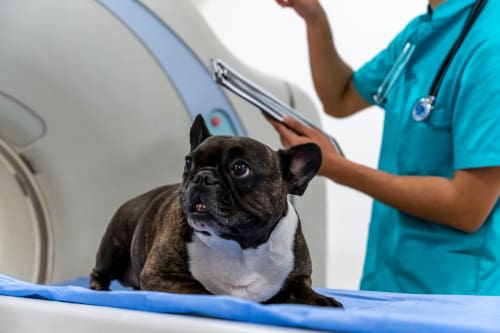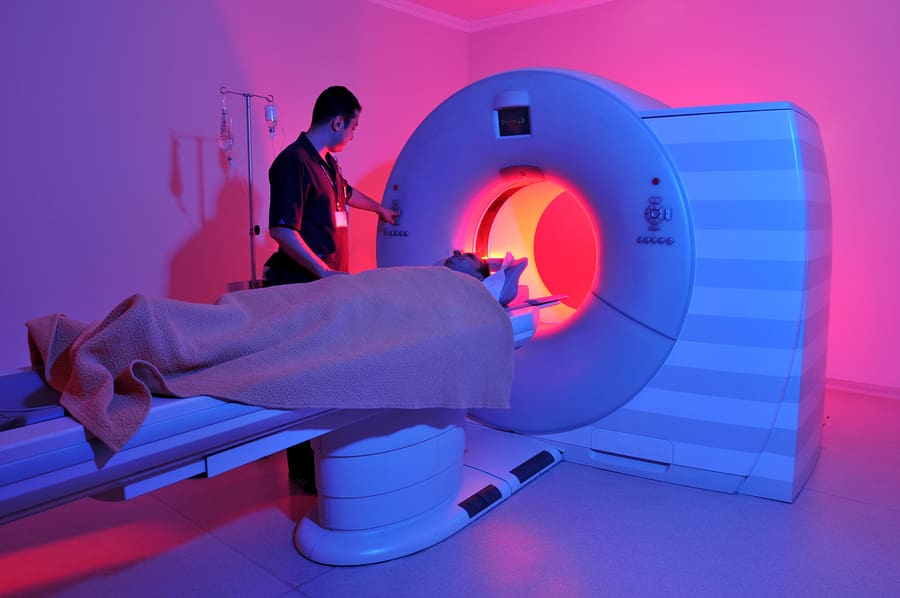Magnetic Resonance Imaging (MRI) is a versatile and powerful tool in modern medicine. While many people are familiar with its basic concept, understanding the specific medical uses and some novel applications can provide a deeper appreciation for this technology. In this article, we will explore the various scenarios where MRI scans are used and highlight some unique situations where they have proven invaluable.
Common Medical Uses of MRI
MRI technology plays a critical role in diagnosing and managing a wide range of medical conditions. Its ability to produce highly detailed images of the body’s internal structures makes it indispensable across various medical specialties. Below are some of the most common medical applications of MRI and how it aids in diagnosis, monitoring, and treatment:
Neurology
MRIs are extensively used in neurology due to their ability to produce detailed images of the brain and spinal cord. They are instrumental in diagnosing:
- Brain Tumors: MRI can detect the size, location, and type of brain tumors, aiding in treatment planning.
- Multiple Sclerosis: MRI reveals areas of demyelination, helping diagnose and monitor this condition.
- Stroke: MRI identifies areas of the brain affected by stroke, allowing for timely intervention.
- Epilepsy: Detailed brain images assist in locating the origin of seizures, which is crucial for treatment decisions.
Orthopedics
In orthopedics, MRIs are used to examine:
- Joint Injuries: Detecting issues like torn ligaments or cartilage damage in joints such as knees and shoulders.
- Muscle Tears: Providing clear images of muscle injuries and inflammation.
- Spinal Cord Issues: Identifying herniated discs, spinal stenosis, and other spinal conditions.
Cardiology
Cardiologists use MRI to assess:
- Heart Disease: Visualizing heart structure and function to diagnose conditions like cardiomyopathy.
- Blood Vessel Abnormalities: Detecting aneurysms, blockages, and other vascular issues.
- Congenital Heart Defects: Evaluating structural heart problems present from birth.
Oncology
MRI is crucial in cancer care for:
- Detecting Cancer: Identifying tumors in various parts of the body, including the brain, spine, and soft tissues.
- Monitoring Treatment Progress: Assessing how tumors respond to therapies like chemotherapy and radiation.
Gastroenterology
MRI aids gastroenterologists in diagnosing and monitoring:
- Liver Diseases: Detecting conditions such as cirrhosis and liver cancer.
- Inflammatory Bowel Disease: Providing detailed images of the intestines to assess conditions like Crohn’s disease and ulcerative colitis.
- Pancreatic Conditions: Visualizing pancreatic tumors and inflammation.
Why and When an MRI is Needed
MRIs are recommended for various reasons, including:
- Diagnostic Clarity: Providing a clearer picture when other imaging techniques are inconclusive.
- Non-invasive Nature: Offering detailed images without the need for surgery or radiation.
- Pre-surgical Planning: Helping surgeons map out surgical approaches and understand the extent of conditions.
- Monitoring Chronic Conditions: Tracking disease progression and treatment effectiveness.
Novel Uses of MRI Scans
While MRI is a cornerstone of modern medical diagnostics, its applications extend beyond conventional uses. Here are some unique and unexpected applications:
Research Applications
Functional MRI (fMRI) is widely used in research to study brain function. It allows researchers to observe real-time changes in brain activity, offering insights into mental health disorders, cognitive functions, and the effects of medications on the brain.

Sports Medicine
In sports medicine, MRIs help prevent injuries and enhance performance. For instance, an MRI can reveal micro-tears in muscles that aren’t causing pain yet but could lead to serious injuries if left untreated. This enables athletes to adjust their training regimens to avoid long-term damage.
Pediatric MRI
Adaptations in pediatric MRI make it more child-friendly, with faster scans and quieter machines. This has improved the diagnosis of early developmental disorders in children, such as autism or ADHD, where early intervention is crucial.

Veterinary Medicine
MRIs aren’t just for humans; they’re used in veterinary medicine too. For example, MRIs have been used to diagnose neurological conditions in pets, such as dogs and cats, and even in larger animals like horses. This non-invasive technique helps veterinarians provide accurate diagnoses and treatments.
Forensic Science
MRI has a role in forensic science as well. In autopsies, MRI can provide a non-invasive way to examine the body, revealing details that might be missed in traditional autopsies. This is particularly useful when traditional autopsies may be culturally or religiously inappropriate.
Studying Ancient Artifacts
In a fascinating twist, MRI has been used to study ancient artifacts. For example, researchers have examined the internal structures of ancient Egyptian mummies without disturbing the wrappings. This has offered new insights into the mummification process and the health of ancient populations.
Exploring the Ocean
MRI technology has even been adapted for underwater research. Scientists use MRI to study marine life in their natural habitats, gaining insights into the physiology and behavior of various species without harming them.
Diagnosing Emotional States in Animals
Researchers have used MRI to study the brains of animals, such as dogs, to understand their emotional states. This research helps us understand how animals experience emotions, leading to better treatment and care practices.
Investigating Unusual Medical Cases
MRI has also been used to solve medical mysteries. For example, it helped diagnose a rare condition known as “jumping Frenchmen of Maine,” characterized by an exaggerated startle response. The detailed brain images provided by MRI assisted researchers in understanding the neurological basis of this condition.
From Common Applications to Novel Innovations
MRI is a versatile and powerful tool that has revolutionized medical diagnostics and research. Its ability to provide detailed images without invasive procedures makes it invaluable in many fields. If you think an MRI might be necessary for your condition, consult your healthcare provider to learn more about its benefits and uses.

